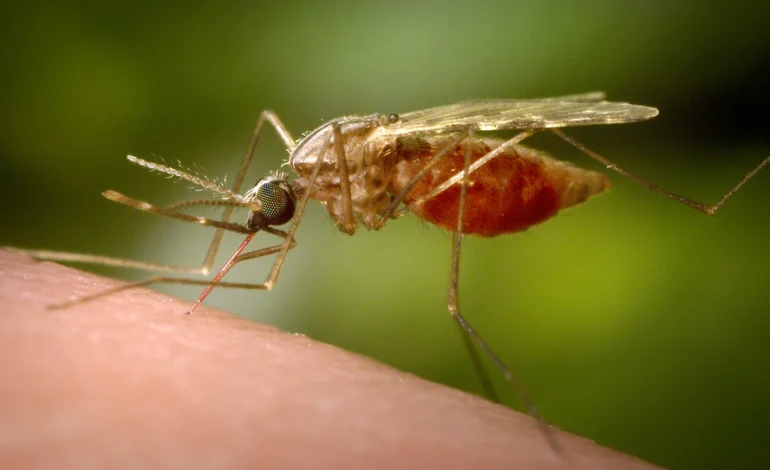China is going full-on high-tech (and old-school) in its fight against a nasty mosquito-borne virus that’s made thousands sick—deploying drones, nets, fines, and even fish to tackle what experts say is the country’s biggest-ever chikungunya outbreak, Politico reports.
More than 7,000 people have fallen ill so far, with the vast majority of cases reported in Foshan, a major manufacturing hub about 100 miles from Hong Kong. Authorities say the numbers are starting to slow, but the virus has already made a serious splash—especially since it’s never been established on the mainland before.
“This is a big deal,” said Cesar Lopez-Camacho, a virus expert at the University of Oxford. “Mainland China’s population has basically zero immunity to chikungunya, so the virus had an open runway to spread fast.”
The virus, spread through mosquito bites, causes fever and intense joint pain. It doesn’t spread person-to-person, but it moves quickly when the bugs are out in force—which, thanks to heavy rains and high temps, they definitely are.
China isn’t messing around. State TV has aired footage of workers spraying insecticide across neighborhoods, office buildings, and construction zones—basically anywhere mosquitoes might be hiding. And in true modern fashion, they’ve launched drones to scout out pools of standing water where mosquitoes lay eggs.
Residents are under pressure, too. Leave water sitting outside? You could face a fine of up to 10,000 yuan (that’s about $1,400), or even have your electricity cut off. Officials are serious about drying out mosquito breeding grounds.
In a throwback to its strict public health measures during COVID-19, authorities forced infected people in Foshan to stay in hospital for at least a week. They briefly tried a two-week home quarantine, but dropped it once they confirmed chikungunya can’t spread human-to-human.
There are also reports of mosquito-eating fish being dropped into ponds—and even talk of releasing larger mosquitoes to hunt down the infected ones (a move that’s as wild as it sounds).
The US has now issued a travel advisory for China’s Guangdong province, as well as Bolivia and some Indian Ocean island nations also dealing with outbreaks.
Meanwhile, Beijing is holding national-level emergency meetings and adopting health protocols to contain the outbreak fast and avoid global backlash. The last thing Chinese officials want is a repeat of the post-SARS or COVID criticism.
Whether it’s flying drones or laying fines, China is throwing everything it’s got at chikungunya. With mosquito season still going strong, the next few weeks will be a major test of how well that strategy works.










The latest news in your social feeds
Subscribe to our social media platforms to stay tuned